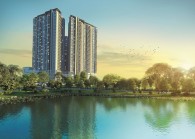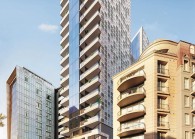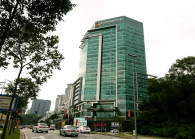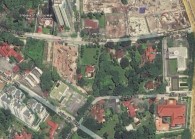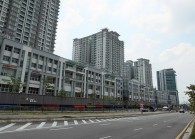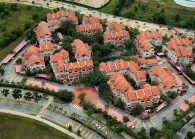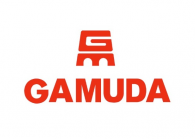ADVERTISEMENT
In Depth stories
Handpicked real estate stories, market insights, and property updates selected by our editors.
......
Follow Us
Follow our channels to receive property news updates 24/7 round the clock.
Telegram

Latest publications
Malaysia's Most
Loved Property App
The only property app you need. More than 200,000 sale/rent listings and daily property news.

